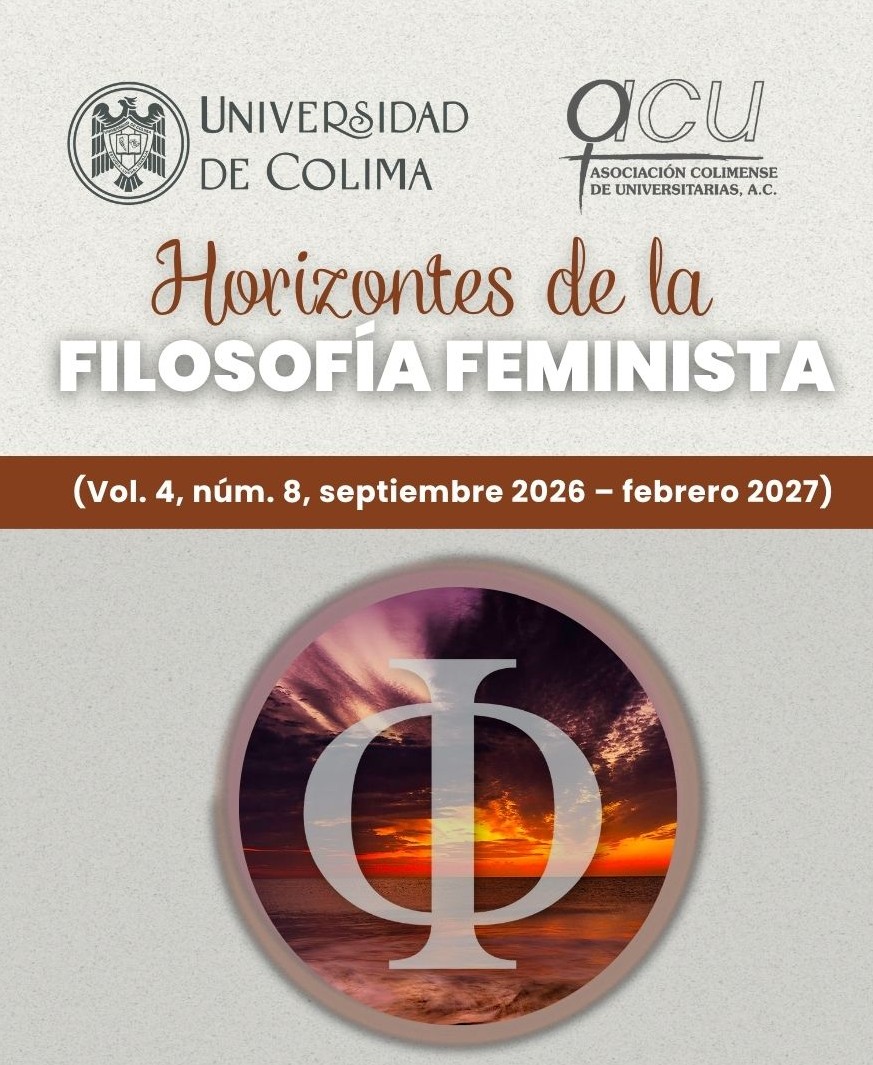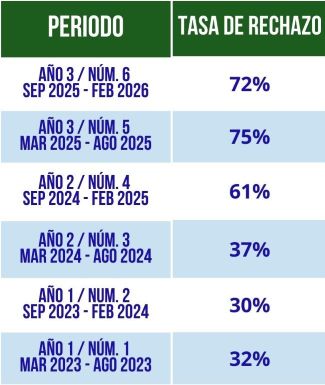Editoriales
Política de acceso abierto y NO APC
Géneroos es una revista de acceso abierto, por lo que todo el contenido está disponible gratuitamente sin cargo para las personas usuarias o sus instituciones. Las y los usuarios pueden leer, descargar, copiar, distribuir, imprimir, buscar, o enlazar públicamente a cualquiera de los textos publicados en la revista, o usarlos para cualquier otro propósito legal, siempre y cuando no sea con fines de lucro, se cite de manera adecuada la fuente y se remita a la publicación original, sin pedir permiso previo del editor/a o del autor/a.
Todos los textos publicados en Géneroos se encuentran inscritos bajo licencia Creative Commons 4.0: puede hacer uso del material publicado citando la fuente de la que proviene, respetando los derechos morales de cada autor y el contenido copiado, pero no está autorizado para usar este material con fines comerciales.
Atribución-NoComercial-CompartirIgual 4.0 Internacional (CC BY-NC-SA 4.0)
Adicionalmente, la revista asume la política de no imponer cargos por el procesamiento de artículos (NO APC). Esto significa que las y los autores no incurren en gastos asociados con la edición, producción o publicación de sus trabajos en esta revista. Ya que GénEroos es patrocinada y financiada por la Universidad de Colima y NO efectúa cobro alguno por el procesamiento de artículos (APC).
A este respecto, la revista se adhiere a:
- Pacto Internacional de Derechos Económicos, Sociales y Culturales.
- Creative Commons.
- Iniciativa de Budapest para el Acceso Abierto.
- Declaración de Berlín sobre Acceso Abierto.
- Declaración de Bethesda sobre acceso abierto.
- Declaración de San Francisco sobre la Evaluación de la Investigación.
- Iniciativa Helsinki sobre multilingüismo en la comunicación científica.
- Directory of Open Access Journals. (DOAJ)
El acceso abierto (en inglés, Open Access, OA) es el acceso gratuito a la información y al uso sin restricciones de los recursos digitales por parte de todas las personas. Cualquier tipo de contenido digital puede estar publicado en acceso abierto: desde textos y bases de datos hasta software y soportes de audio, vídeo y multimedia.
Una publicación puede difundirse en acceso abierto si reúne las siguientes condiciones:
- Es posible acceder a su contenido de manera libre y universal, sin costo alguno para el lector, a través de Internet o cualquier otro medio;
- El autor o detentor de los derechos de autor otorga a todos los usuarios potenciales, de manera irrevocable y por un periodo de tiempo ilimitado, el derecho de utilizar, copiar o distribuir el contenido, con la única condición de que se dé el debido crédito a su autor;
- La versión integral del contenido ha sido depositada, en un formato electrónico apropiado, en al menos un repositorio de acceso abierto reconocido internacionalmente como tal y comprometido con el acceso abierto. https://es.unesco.org/open-access/%C2%BFqu%C3%A9-es-acceso-abierto
Política sobre Derechos de autor/a
- Las y los autores conservarán sus derechos de autor y garantizarán a la revista el derecho de primera publicación de su obra. A partir de la versión electrónica (e-ISSN: 2992-7862) de la revista (año 1, número 1, marzo-agosto de 2023), todos los textos publicados en Géneroos estarán simultáneamente sujetos a la licencia Creative Commons Reconocimiento-NoComercial-CompartirIgual 4.0 Internacional. Esta licencia permite a terceros compartir la obra, siempre que se indique su autor/a y su primera publicación en esta revista.
- Las autorías podrán adoptar otros acuerdos de licencia no exclusiva para la distribución de la versión publicada de la obra (p. ej.: depositarla en un archivo telemático institucional o publicarla en un volumen monográfico) siempre que se indique la publicación inicial en esta revista.
- Se permite y recomienda a las autorías difundir su obra a través de Internet (p. ej.: en archivos telemáticos institucionales o en su página web) antes y durante el proceso de envío, lo cual puede producir intercambios interesantes y aumentar las citas de la obra publicada.
Política de autoarchivo
- Los autores y autoras pueden realizar otros acuerdos contractuales independientes y adicionales para la distribución no exclusiva de la versión del artículo publicado en esta revista (p. ej., incluirlo en un repositorio institucional o publicarlo en un libro) siempre que indiquen claramente que el trabajo se publicó por primera vez en esta revista.
- Se permite y recomienda a los autores/as publicar su trabajo en Internet (por ejemplo en páginas institucionales o personales) posterior al proceso de revisión y publicación, ya que puede conducir a intercambios productivos y a una mayor y más rápida difusión del trabajo publicado (vea The Effect of Open Access).







